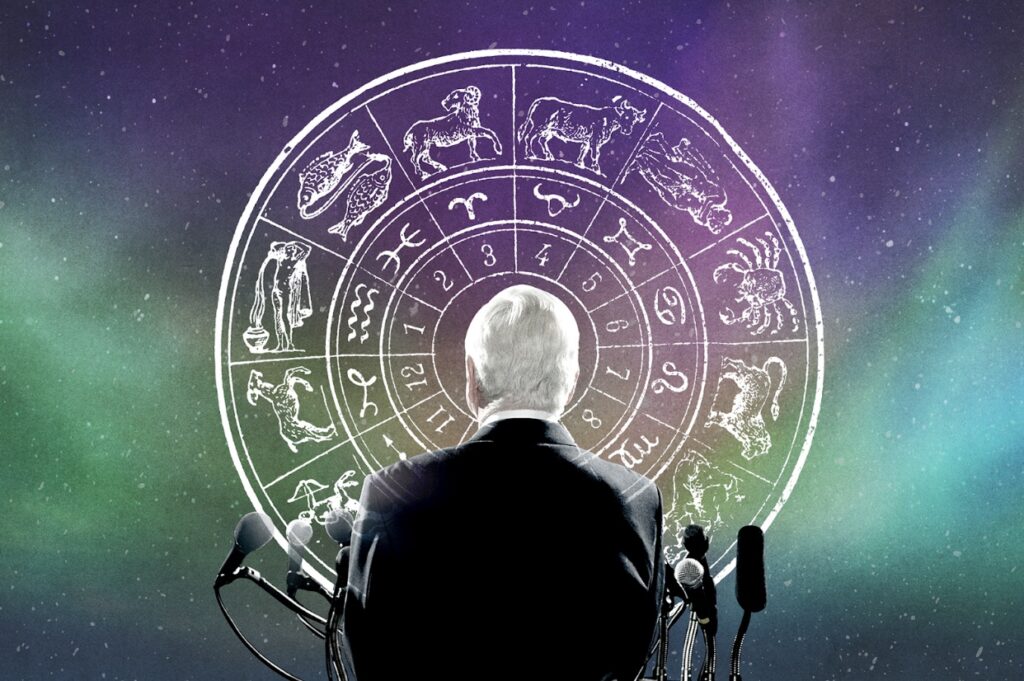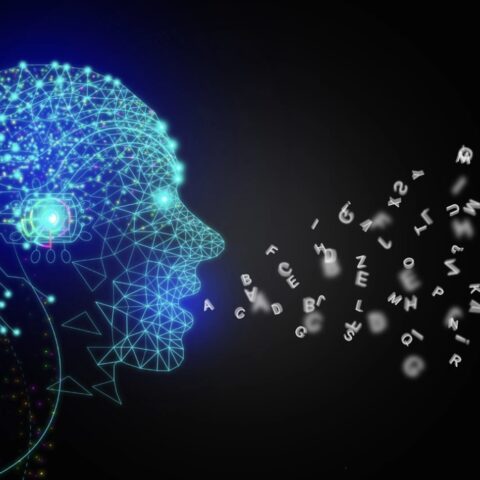By: Talia Loventhal

Long before modern political decision-making tools such as polling or data analytics, leaders consulted an age-old method to understand their fate: astrology. Whether to guide military campaigns or to predict the death of a king, the stars were seen as a roadmap for political life. While today’s leaders may not openly consult the heavens, astrology’s role in shaping politics persists by influencing and framing the beliefs of those in power and the general public.
Historically, astrology has strongly influenced many political decisions from Ancient Greece to Medieval Europe. Astrology was a part of medicine, philosophy, and astronomy and influenced intellectual discourse. In Renaissance Italy, for example, leaders such as the Duke of Milan and the Grand Duke of Tuscany consulted astrological predictions regarding their fates, especially concerning their health and life expectancy. These predictions were more than personal curiosity– they were crucial factors in preparing for political transitions as factions would vie for power based on these insights. King Corvinus in Renaissance Hungary was also known to rely on astrology for decision-making during wars, which helped to reinforce his status by interpreting omens that aligned with his political goals.
Leaders in 18th-century Imperial Russia heavily relied on astrology for decision-making. At the time, astrology was not seen as outdated or superstitious but rather intertwined with both personal and political decisions. People would turn to astrology for insights into their career, health, family, or political outcomes. During his reign, Peter the Great introduced printed calendars that incorporated astrology in an effort to modernize Russia and reinforce the image of a stable and legitimate monarchy. Russian nobles often commissioned horoscopes for themselves, reflecting the common practice among elites of consulting astrology in times of political instability, especially after the death of Peter the Great.
As politics evolved and we learned more about space and the universe, astrology’s role in politics and everyday life changed along with it. In the United States’ early years, celestial metaphors became more Democratic and Republican. The stars on the flag were said to symbolize a “new constellation” of unity and equality within the union. This represents how the individual states were seen as part of a collective system as opposed to a single monarch, often symbolized by the sun. Many influential academics in the late 18th century in the U.S. used celestial ideas to discuss political life.
World War II Britain provides a modern example that demonstrates the influence of astrology on political events. Astrological predictions were often published in mainstream newspapers, primarily aimed at working-class women. Despite government fears of the newspaper predictions gaining too much influence in wartime, spreading misinformation, and lowering morale, the predictions typically boosted morale by offering reassurance.
In the modern era, astrology’s impact has changed from being a widely held belief to something that influences politics insofar as individuals believe in it. After an assassination attempt on President Ronald Reagan, the first lady, Nancy Reagan, controversially consulted Joan Quigley, a well-known astrologer, because she hoped she would help the president avoid further danger. In Nancy Reagan’s memoir, she explained that she turned to Quigley for advice on the timing of the president’s activities. The former first lady downplayed the influence of the astrologer due to criticism, but Quigley later revealed that her guidance went beyond scheduling. She advised the president and first lady on diplomatic matters, including Cold War politics and the timing of the president’s cancer surgery.
Although Nancy Reagan provides a high-profile example of astrology’s use in modern political life, the impact of astrology on the everyday person may be the most influential aspect of the belief in contemporary times. Astrology is popular among younger voter demographics, specifically Gen Z and Millennials and those that seek alternative spiritual systems, who may use its insights to guide their decisions or to view politicians through the lens of astrology.
There is abundant research regarding non-religious people’s tendency to distrust institutions. Patrikious and Huhe propose expanding this research by investigating how supernatural beliefs, such as astrology, impact trust in institutions. They move beyond the simple division of religious and non-religious by separating non-religious people into non-believers and “heterodox” believers—those who believe in astrology, luck, or other non-traditional beliefs rather than conventional religion. The authors found that the secularization process does not necessarily lead to rational science-endorsing people but instead creates a group of citizens distrustful of both science and public institutions. These findings are significant because heterodox beliefs are often associated with resistance to authority and have a history of fueling political dissent, which can be seen in astrology believers’ involvement in countercultural movements like environmentalism and feminism.
Astrology never entirely disappeared as a belief system, but it has certainly evolved. In modern times, astrology’s direct influence on political decisions has decreased, but it still holds a cultural presence that impacts political movements and public perception. From TikTok astrologers who predict presidential elections to a quarter of Americans saying they believe in astrology to French youth turning towards astrology during the COVID-19 pandemic, it is clear that astrology’s influence on politics is here to stay.

